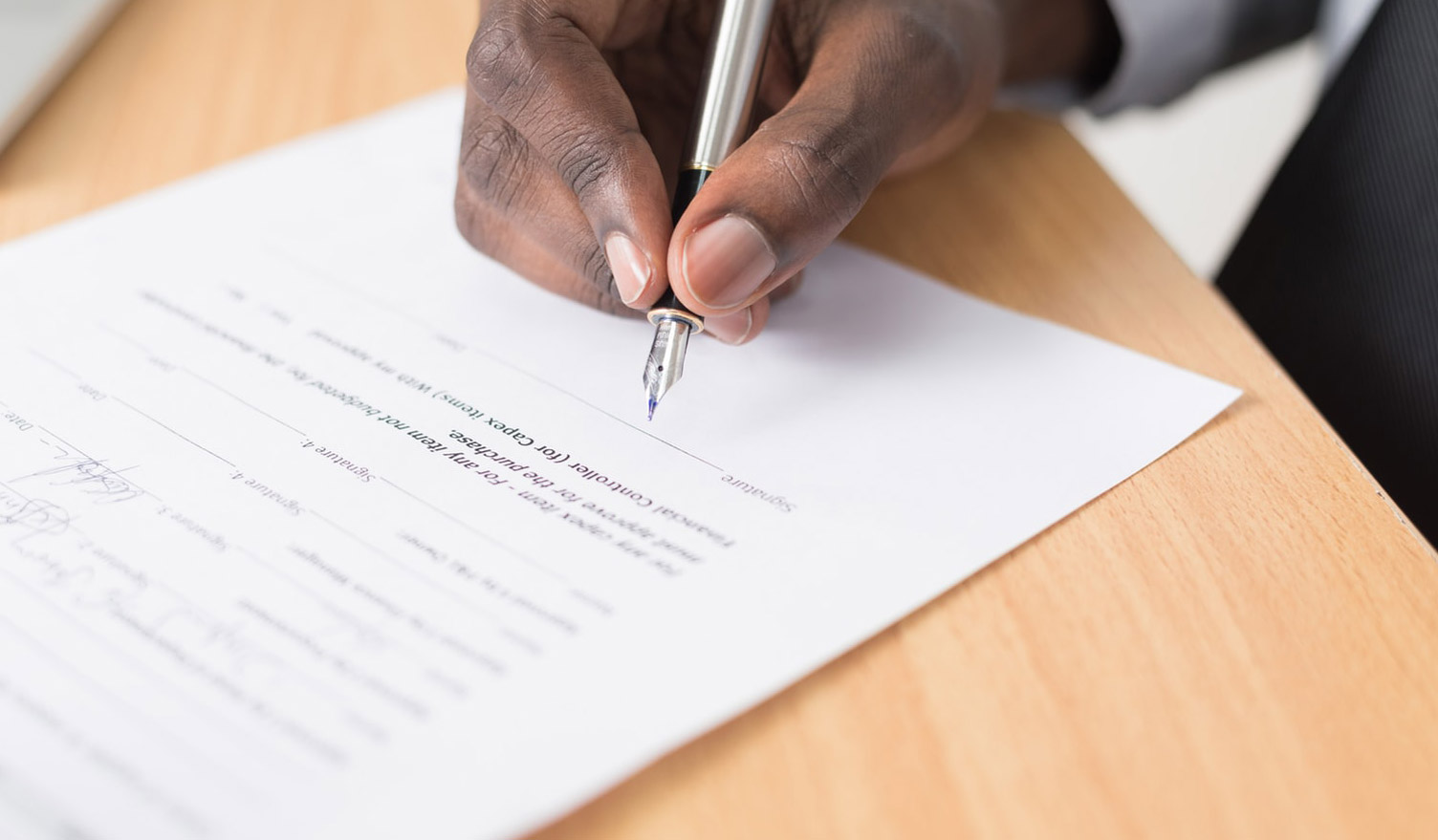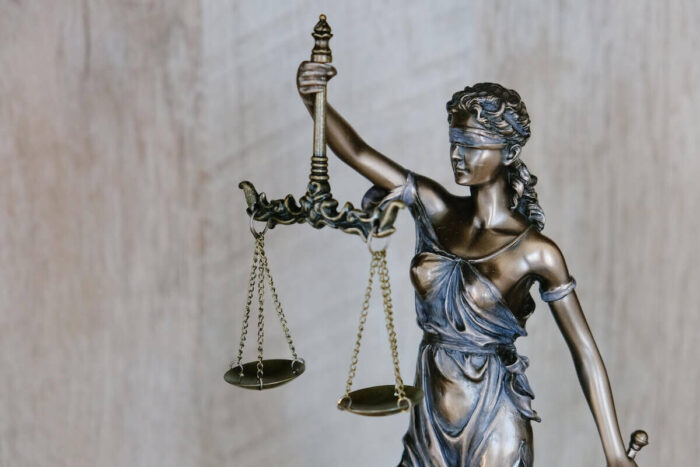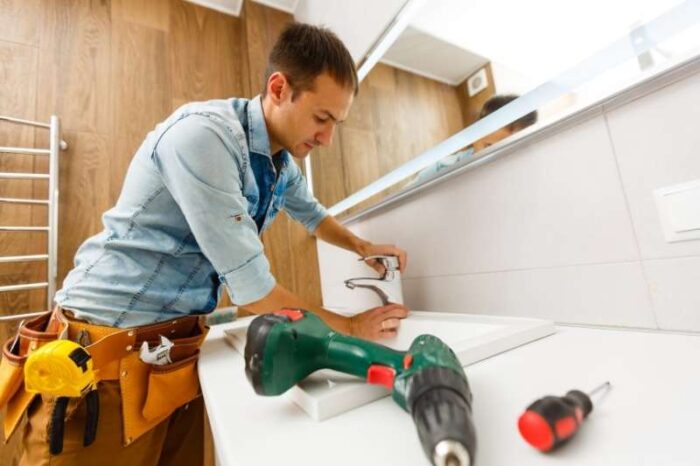
The idea of being a landlord can be an exciting one. When done right, the financial rewards can be both lucrative and reliable, and you may decide to use this as passive income alongside another form of earning. However, it is essential you don’t jump into this without the right level of planning.
Landlords have many different aspects to consider. Along with ensuring your finances are in order – and all of your running costs and expenses are covered – you have to abide by a set of rules. Fail to do this, and you could be hit with a significant fine or, in extreme cases, suffer a lengthy stint in jail.
To prevent any of those situations from occurring, here are seven laws you must not break when acting as a landlord.
Laws that cover residential and commercial properties
As a budding landlord, you could decide to focus entirely on residential homes, commercial properties, or a mixture of the two. It is important to note that the following laws must be covered regardless of which property type you rent out to tenants.
You may also have to follow additional rules for your specific type of property. For instance, The Workplace Company, a specialist office rental agency, only works with rental companies in Islington and across London that abide by the rules. If a rental company is unable to prove they are meeting these legal responsibilities, their offices are not listed. This is to protect both the agency and their clients.
Now it’s time to highlight those all-important laws all landlords have to follow.

1. Meet safety standards
There are a number of safety standards all landlords have to meet. This is done to ensure their property is as safe as possible for tenants. Safety responsibilities are:
- Install a smoke alarm: This must be added to every floor of the property.
- Furniture meets safety standards: Furniture has to display appropriate safety labels that demonstrate its fire risk is reduced.
- Safe to use electrical devices: Similarly, electrical devices also have to be safe to use. A Portable Appliance Testing (PAT) assessment can be done to check compliance.
- Carbon monoxide detectors: If the property features a solid fuel burning appliance – such as a coal fire – the room it’s in must contain a carbon monoxide detector.
- Gas safety record: This has to be obtained from a Gas Safe engineer. These engineers check for the safety of all pipes, flues, and gas appliances.
- Working water supply: To stop tenants contracting Legionella, the property’s water supply has to be in full working order.
2. Right to Rent
If you are a landlord in England and are considering a tenant for your property, you often have to perform a Right to Rent check. This check determines two aspects: if the potential occupier is legally allowed to live in the UK and if they’re 18-years-old or over.
The accommodation type can determine if this check is performed or not. However, if it is required and you fail to perform the check, this might result in a prison sentence of up to five years and unlimited fines.

3. Energy Performance Certificate
If you have a tenanted property, the law dictates this needs to be covered with an Energy Performance Certificate. The only exception to this rule is if you have acquired a registered exemption.
With an EPC, you have to score at least an E rating for your property. This is to fall in line with Minimum Energy Efficiency Standards (MEES) regulations.
4. Provide information to your tenant
It is essential your tenant isn’t left in the dark once they have the keys to your rented property. There are two main pieces of information you have to provide them with prior to moving in.
There are two options for your first piece of information – your contact details. One option is your full name and address. Alternatively, you can provide them with your letting agent’s details (if applicable).
The other piece of information is a How to Rent document. This guide, produced by the government, provides tenants with practical help regarding their letting experience. This includes advice about what to do before, during, and after a let.

5. Property repairs
As a landlord, you are responsible for completing a lot of repairs – and that includes covering the bill – to the property’s exterior or structure. As a result, if any problems occur to your property’s walls, chimney, roof, drains, and guttering, it is your responsibility to get these problems fixed.
Other issues like a window with a leaky seal or faulty boiler has to be fixed by the landlord. Extending on from that, they are accountable for keeping all of the equipment that provides gas, electricity, and water in safe working order.
6. Protect your tenant’s deposit
Assured shorthold tenancies (AST) are the basis for most tenancies in the UK. With an AST, you must, as a landlord, protect your tenant’s deposit. This is done through a deposit protection scheme that’s government-approved.
If you’re an AST landlord and you fail to protect your tenant’s deposit, this could lead to you being fined. Additionally, it might see you having a much more difficult time trying to end the tenancy as desired.
You can only use this deposit to cover unpaid rent or property damage caused by the tenant. Upon completion of the tenancy, the deposit – whether in full or partial – has to be returned to the tenant. Of course, that’s only if any of the deposit remains if it was used for one of the aforementioned reasons.

7. Property access the right way
From time to time, landlords need to gain access to their property. This is necessary to inspect the property or carry out repairs. Yet this has to be done the right way. The tenant shouldn’t be surprised by the landlord’s appearance or be caused unnecessary interference.
To avoid this, you have to arrange with your tenant a suitable time for your visit. This also includes reasonable notice, which is often stated within the tenancy agreement – legally it has to be at least 24 hours.
















